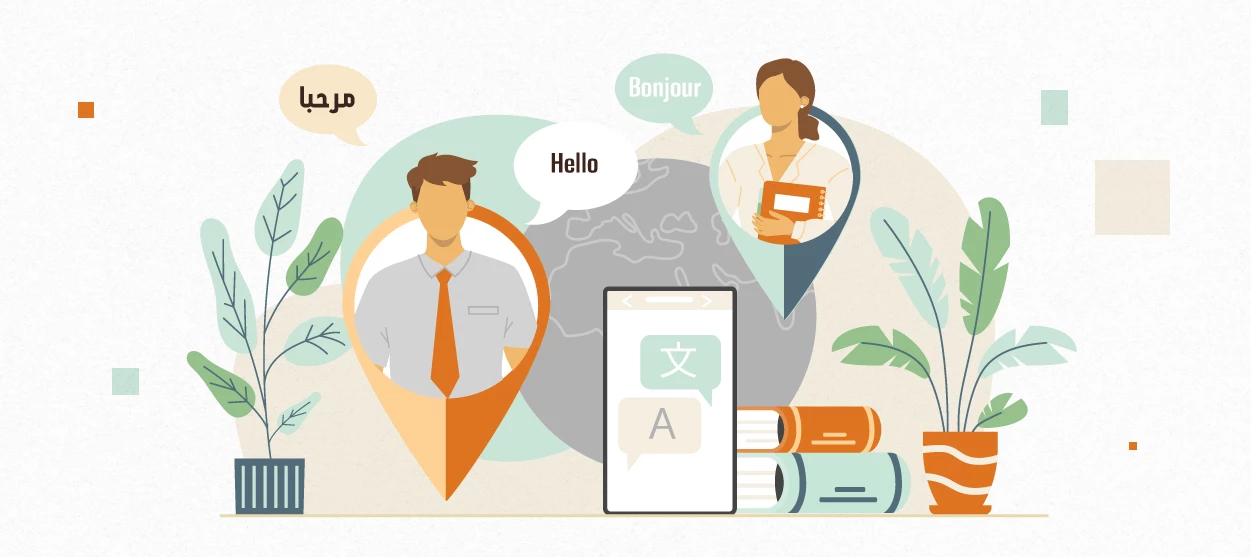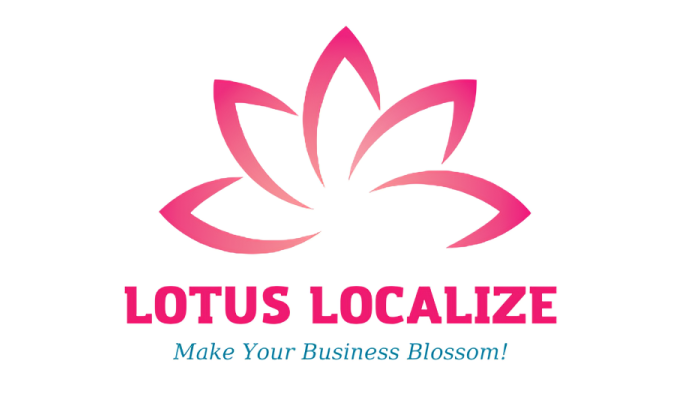
Translator vs interpreter: Unpacking the key differences in language services
In an increasingly globalized world, seamless communication across languages is vital. Whether managing international business, fostering cross-cultural connections, or supporting healthcare for diverse communities, knowing the difference between a translator vs interpreter ensures the right solution for your needs. While these roles might seem similar, they require unique skills. This guide explores what sets them apart, how they facilitate communication, and the future trends shaping both professions.
What does a translator do?
A translator specializes in working with written texts, converting content from one language to another with accuracy and cultural sensitivity. Translators focus on capturing not only the meaning but also the tone, context, and cultural essence of the original text. Their work ensures that the message resonates with the target audience without losing the intent of the original material.

Tasks translators typically handle
- Technical documents: User manuals, engineering specifications, and product descriptions.
- Legal documents: Contracts, policies, and court documents that require precise translation.
- Literary works: Books, poetry, and articles that demand attention to style and emotion.
- Marketing content: Localizing ads and websites to fit cultural expectations and preferences.
Translators often rely on Computer-Assisted Translation (CAT) tools like SDL Trados, glossaries, and translation memories to ensure accuracy, consistency, and efficiency. Their work involves meticulous editing and proofreading to deliver polished, error-free texts tailored to specific audiences.
Read more: Why automotive translation fuels global growth?
What does an interpreter do?
In contrast, an interpreter provides real-time spoken translation, facilitating smooth communication between people speaking different languages. Unlike translators, interpreters work in dynamic, high-pressure environments where quick thinking and precision are essential. They act as intermediaries during conversations, ensuring that ideas are conveyed accurately and immediately.

Key scenarios for interpreters
- Conferences and events: Providing real-time translation during large meetings or presentations.
- Healthcare settings: Ensuring effective communication between patients and medical professionals.
- Legal proceedings: Facilitating conversations in courtrooms or during police investigations.
- Business negotiations: Bridging language gaps during corporate meetings and discussions.
Interpreters rely heavily on memory, concentration, and cultural awareness since they often have no access to reference materials during their work. Whether they are interpreting simultaneously at a conference or consecutively in a courtroom, interpreters must deliver clear, immediate translations that capture not only the words but also the tone and intent of the speaker.
Core differences between translator and interpreter
Though translators and interpreters both break down language barriers, their roles differ in several fundamental ways. Here’s a closer look at the distinctions:
Medium of communication
- Translators: Handle written content—technical manuals, contracts, and websites—converting them accurately across languages.
- Interpreters: Focus on spoken language, delivering real-time translation in conversations, events, or meetings.

Pace of work
- Translators: Have the luxury of time to research terminology, cross-reference resources, and polish their output.
- Interpreters: Work in the moment, providing instant translations with no room for hesitation or error.
Tools and resources
- Translators: Use CAT tools, glossaries, dictionaries, and reference materials to ensure consistency and accuracy.
- Interpreters: Rely entirely on memory, focus, and linguistic skills, as there’s no time to consult external resources during live interactions.
Cultural adaptation
- Translators: Localize content to fit cultural expectations, ensuring written texts resonate with specific audiences.
- Interpreters: Maintain the tone, emotion, and intent of spoken messages to avoid miscommunication.
Read more: Unveiling the critical role of medical interpreters in healthcare
Types of translation and interpretation services
Both translation and interpretation services encompass a variety of specialized services, each tailored to specific industries and contexts.
Translation services
- Literary translation: Focuses on translating creative works like novels and poems while preserving their artistic essence.
- Technical translation: Involves translating technical manuals and product descriptions with high precision.
- Legal translation: Requires expertise in legal terminology to accurately translate contracts and legal documents.
- Marketing translation (Localization): Adapts websites, ads, and campaigns to fit the cultural preferences of the target audience.

Interpretation services
- Simultaneous interpretation: Real-time translation delivered during large conferences or live events.
- Consecutive tnterpretation: The interpreter translates after the speaker finishes, often used in smaller meetings or interviews.
- Whispered interpretation (Chuchotage): A low-volume interpretation method where the interpreter whispers to a listener during group events.
- Over-the-phone interpretation (OPI): Remote interpretation provided via phone, commonly used in healthcare or customer service settings.
Future trends in translation and interpretation
With technology evolving and globalization accelerating, both translation and interpretation are undergoing significant transformations. Here are some trends shaping the future of these professions:
- AI and machine translation: Tools like Google Translate and DeepL are becoming more sophisticated, but human translators remain crucial for nuanced, culturally appropriate translations.

- Remote interpretation services: Virtual meetings and teleconferencing have boosted the demand for remote interpreting, making language services more accessible across borders.
- Specialization in niche fields: There is increasing demand for language experts in specialized areas like healthcare, law, and finance.
- Augmented reality (AR) and wearables: AR-powered devices and smart glasses are starting to integrate real-time interpretation, enhancing communication in complex environments.
Lotus Localize: Bridging language barriers with expertise
At Lotus Localize, we recognize the importance of both translation services and interpretation services in global communication. Our team of professionals offers tailored services to meet your unique needs—whether it’s translating technical manuals or providing live interpretation for events.
With expert translators who deliver accurate, polished content and skilled interpreters who facilitate seamless conversations, we help you communicate effectively, no matter the language or situation.

Let Lotus Localize be your trusted partner in ensuring your message is clearly conveyed across borders, whether through written words or spoken dialogue.
When it comes to communication across languages, choosing between a translator vs interpreter depends on your specific needs. If your focus is on documents, websites, or written material, a translator ensures accuracy and cultural relevance. If you need real-time communication—such as in meetings, conferences, or legal proceedings—an interpreter provides immediate understanding and seamless dialogue.
Both translators and interpreters are indispensable in today’s interconnected world, offering complementary services that break down language barriers and foster cross-cultural collaboration. As global communication grows more complex, having access to the right language experts ensures your message is heard—whether in writing or speech.
Need expert language services? Lotus Localize offers comprehensive translation and interpretation solutions tailored to your goals. Let us help you connect with your audience worldwide—one word, one conversation at a time.
If you have any questions or need assistance with translation services and interpretation services please contact Lotus Localize immediately at 0866 224 968 or visit the website: lotus-localize.com for advice on the best solutions!
QUALITY PROMISE
Lotus Localize offers consistent, high-quality service delivery in all customer engagements. Our in-house translators and staff adhere to well-established business processes, allowing us to communicate properly, deliver on time, and surpass client expectations.












